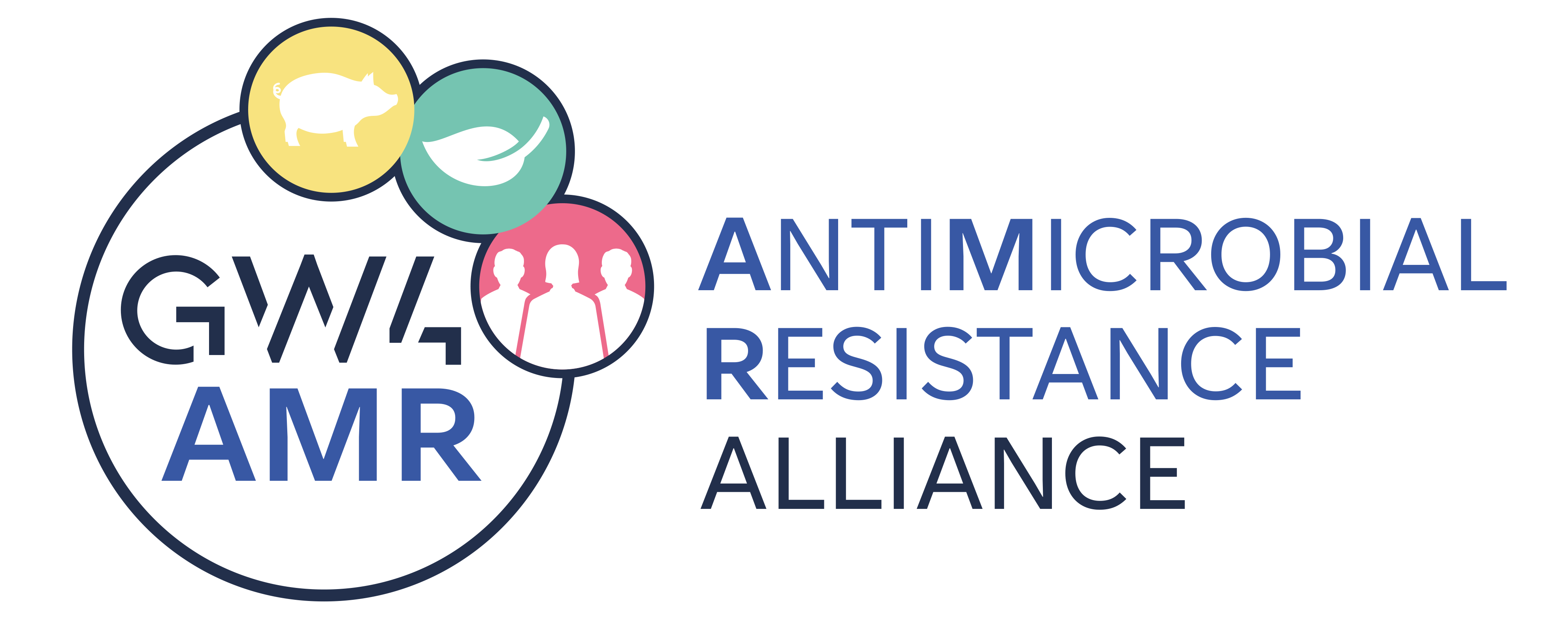Matthew is a Professor of Molecular Bacteriology and his research focuses on studying AMR in bacteria, using molecular genetics, biochemistry and functional genomics techniques to identify and characterise AMR mechanisms in key human pathogens, their mobilisation, and their control. This information is used to help to combat the problem of AMR by developing interdisciplinary research collaborations. Matthew leads the Bristol AMR interdisciplinary AMR research network which spans all 6 Faculties at the University of Bristol (funded by Wellcome ISSF). Matthew leads the NERC/BBSRC/MRC ‘One Health Health Selection and Transmission of Antimicrobial Resistance’ (OH-STAR) consortium, working with clinicians in Bristol’s two NHS Trusts to use whole genome sequencing (WGS) to survey urinary E. coli and all Gram-negative bacteria from bloodstream infections in the south west region. The project is monitoring ecological shifts resulting from local prescribing policy changes, to inform empiric prescribing and IV/oral switch for sepsis. The project also aims to 1) to identify how changes in prescribing practice in primary care can alter the prevalence of AMR infections in humans; 2) define the environmental and management factors that influence acquisition and selection of AMR bacteria in dairy cattle and in dogs and 3) to identify whether AMR bacteria from these animals impacts on AMR in human infections. The MRC/DoHSC ‘One Health Drivers of Antibacterial Resistance in Thailand’ (OH-DART) consortium is also led by Matthew with co-investigators at the Universities of Bath and Exeter, the UK Centre for Ecology and Hydrology, Mahidol University and the Chulaborn Research Institute in Thailand.



Published by